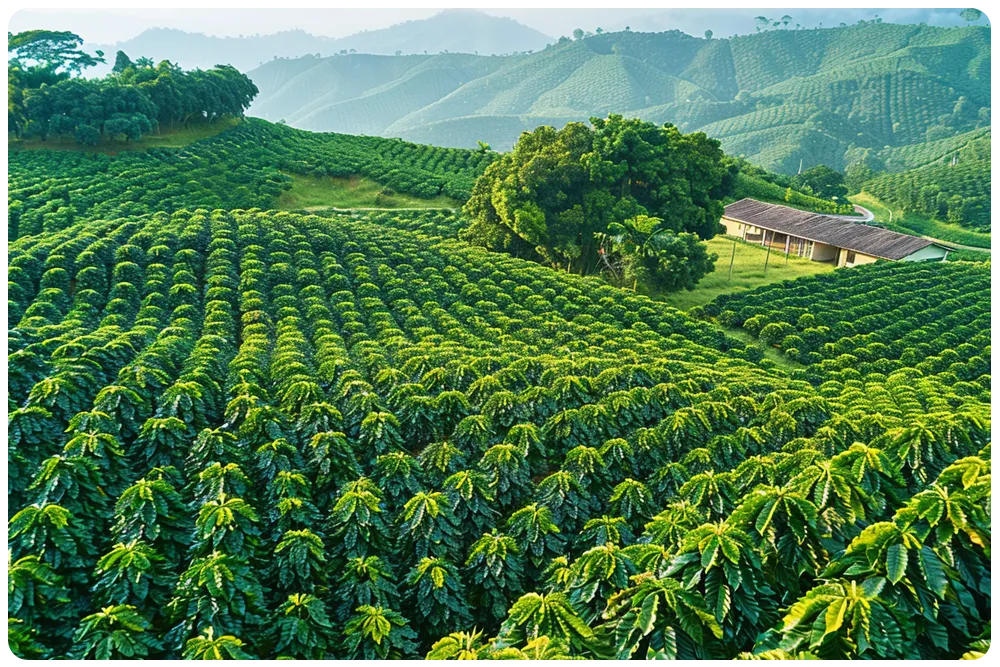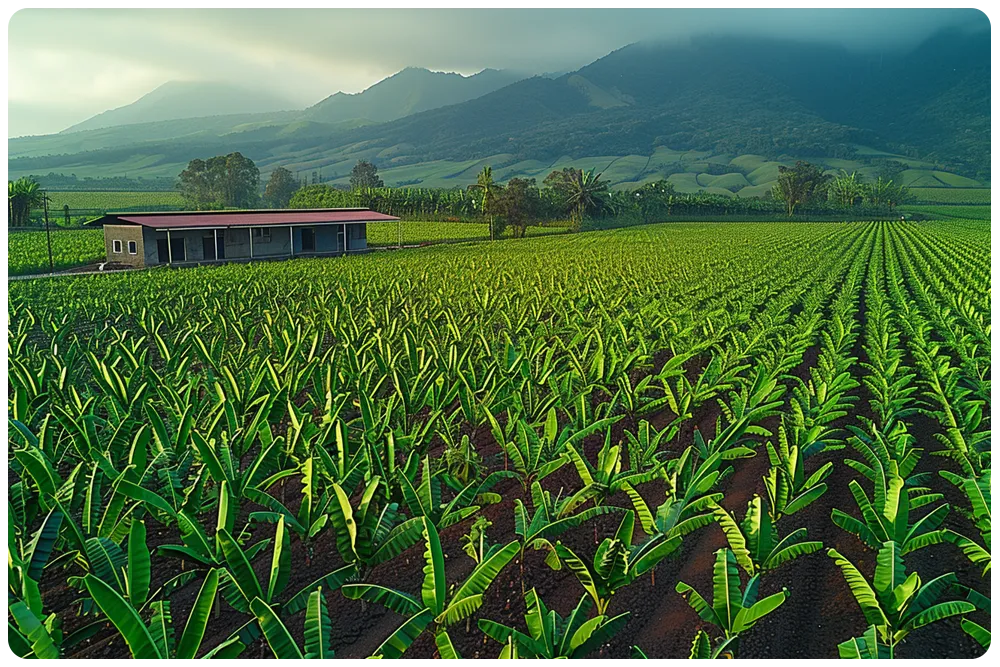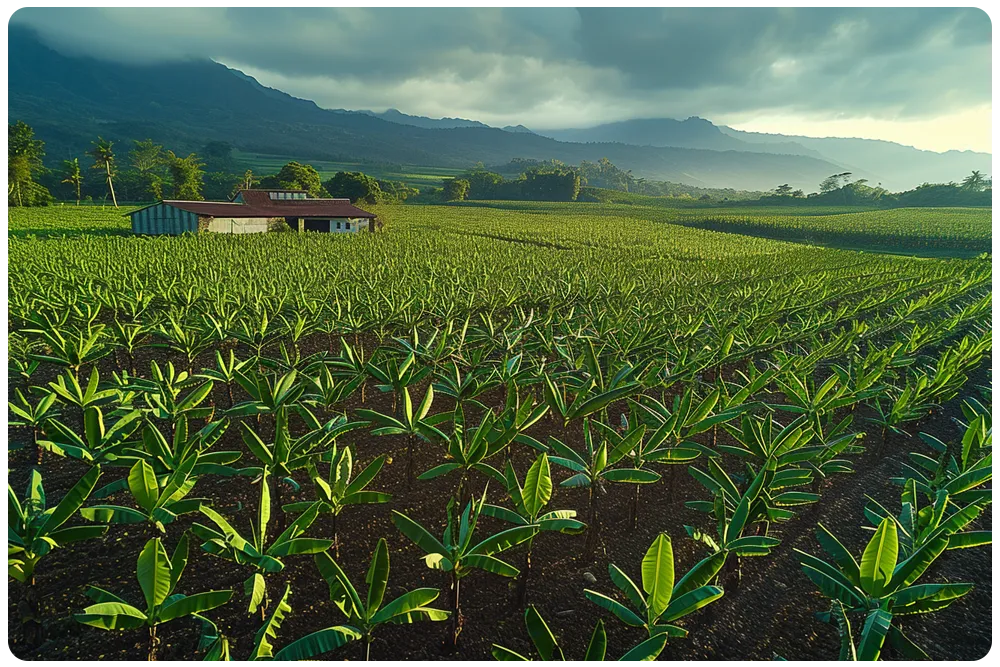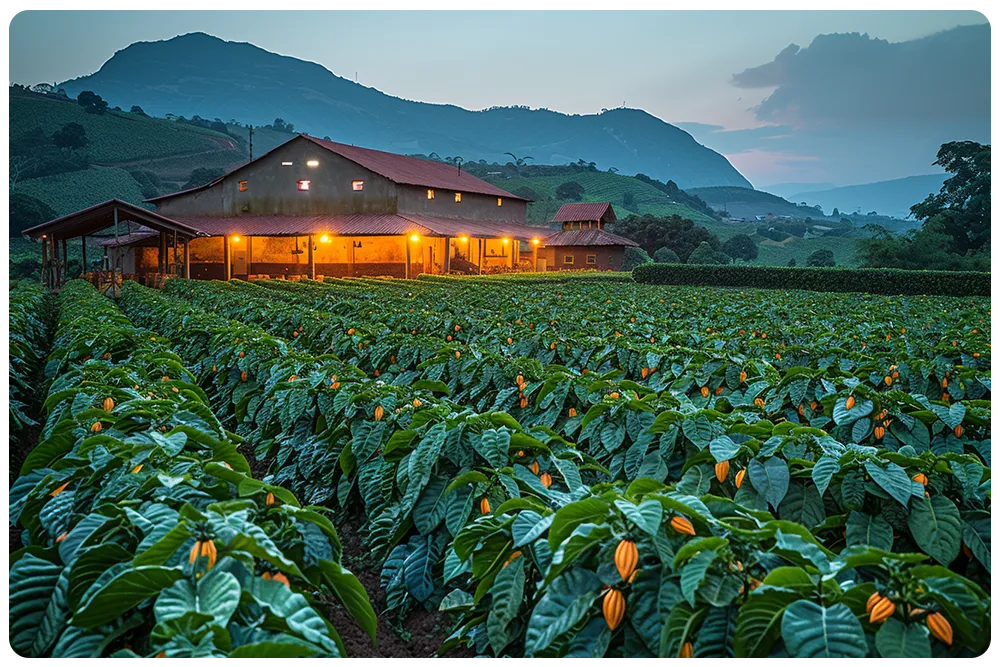Explore superior drone technology for farming. Discover leading drones verified for excellence in agricultural operations – optimizing crop production and farm management.
Welcome to Drone Farm
We offer a comprehensive range of agricultural drone services. With years of experience, we’ve harnessed our expertise to deliver high-quality services to our clients. Our team provides full support at every stage. Choose us for top-tier Drone Farming experiences!

Contents
- 1. What are the top drones for agri?
- 2. Using drones for efficient farming practices
- 3. Embracing modern agriculture with drone technology
- 4. Which drones are suitable for different agri types?
- 5. Exploration of best agri-drones available today

1. What are the top drones for agri?
Unleashing the Power of Drones in Agriculture
At the forefront of modern agricultural practices, drones are redefining how farmers manage their fields and optimize crop production. Offering an aerial advantage like never seen before, agricultural drones are flying high and here we dive into the cream of the crop.
Top Drones for Agricultural Use
Choosing the right drone for your agricultural needs comes down to the specific tasks at hand. Whether it’s crop monitoring, field analysis, or pest control, each drone has its unique features and advantages. Here are the top three drones witnessing a soaring demand in the farming community:
- DJI Phantom 4 Pro: Known for its high-resolution imagery, the DJI Phantom 4 Pro comes equipped with advanced obstacle sensing technology – an important safety feature in uneven agricultural terrains.
- Yuneec H520: This drone boasts a six-rotor system, ensuring stability even in windy conditions. Often preferred for its ability to carry custom payloads, including crop-spraying mechanisms.
- SenseFly eBee X: The eBee X has a flight endurance of 90 minutes, allowing for extensive crop examination in a single flight. Its multispectral camera can accurately detect crop ailments, minimizing the impact of such conditions on yield.
Remember, one size doesn’t fit all. The ‘right’ drone for your farm depends on various factors such as farm size, crop type, local regulations, and, of course, your budget.
Adopting a Modern Farming Approach with Agricultural Drones
Adopting drone technology in farming practices paves the way for precision agriculture. These aerial devices not only provide valuable data for crop analysis but also significantly reduce the time spent on field monitoring. A drone can survey a large tract of land in mere minutes, compared to hours it might take manually.
Furthermore, the ability to rapidly identify crop illnesses through drone surveillance enables timely interventions, potentially saving the entire yield from a devastating loss.
Conclusion
In conclusion, drones are more than just flying gadgets; they are the future of efficient, sustainable, and technologically advanced agriculture. Whether you’re a small-scale organic grower or a large agri-business, drones can raise your farming game to new heights.
2. Using drones for efficient farming practices
Using Drones for Efficient Farming Practices
Embracing today’s modern farming methods involves the adoption of cutting-edge technology. Among these technologies, one that stands out particularly is the use of an agricultural drone. Harnessing the power of drones, farmers can boost their agricultural practices to new heights. Let’s delve into how drones are reshaping traditional farming techniques and explore the different types of drones suitable for various agricultural purposes.
- Increased Crop Production: A drone does not simply fly overhead, instead it offers a detailed bird’s-eye view of the fields. With precise imaging, drones allow farmers to identify areas of the field that need attention, thus improving crop management and optimizing production.
- Better Farm Management: Drones provide critical real-time data about farm conditions, aiding farmers in making informed decisions. Equipped with advanced sensors, a drone can monitor soil hydration levels, identify pest infestations, and track crop growth, which facilitates proactive and efficient farm management.
- Detection of Crop Diseases: Timely disease detection is crucial to prevent substantial crop loss. A drone, with its built-in high-resolution cameras, can detect signs of illness in crops even before they become visible to the naked eye. This early detection allows for prompt treatment, minimizing the impact on overall yield.
Now that we understand the benefits, it’s important to know that not all drones are created equally. Different drones excel in varied agricultural parameters. Some drones are particularly good at crop monitoring, while others are best for mapping and surveying agricultural lands.
Choosing the right drone depends on your farming requirements, scalability, and budget. From crop dusters to survey drones, understanding each type’s unique strengths and drawbacks will aid in making the most out of this technological marvel.
In the realm of modern agriculture, embracing drone technology is not merely an option, it’s a game-changer. So, update your farming practices and step into the future of agriculture with drone technology at your fingertips.


3. Embracing modern agriculture with drone technology
Embracing modern agriculture with drone technology
Welcome to the innovative world of agricultural drone technology. This website is designed as a comprehensive resource, serving as a gateway to the multifaceted applications of drone technology in farming and agriculture.
An agricultural drone is not just a high-tech gadget but an advanced tool that can optimize crop production, improve farm management, and even alert farmers to crop diseases, thereby aiding in minimizing crop loss.
So, let’s delve into the compelling ways drone technology is redefining modern agriculture.
Optimizing Crop Production: Drones equipped with infrared sensors and high-resolution cameras offer a bird’s eye view of crops. They can efficiently monitor crop growth stages, assess plant health, and identify areas that might need more attention or resources.
Enhancing Farm Management: By providing real-time data, drones can assist farmers in several tasks. From crop scouting and field mapping to spray scheduling and livestock monitoring, drone technology can drastically improve the efficiency of farm operations.
Minimizing Crop Illness: Drones can also serve as an early warning system for diseases that can destroy crops. With thermal imaging equipment, drones can identify diseased plants before the symptoms are visible to the naked eye, allowing for swift treatment and management.
Indeed, with this broad spectrum of benefits, agricultural drone technology is an indispensable tool in embracing modern agriculture.
Whether you’re considering implementing drone technology on your farm or just seeking to understand its potential, our portal is here to guide you. Browse through our articles to discover the best drones for different types of agriculture and make an informed choice.
Join us on this exciting journey and harness the power of drone technology to transform and elevate your farming practices.
4. Which drones are suitable for different agri types?
Captivating the essence of modern agricultural practices, the world of farming has transcended beyond traditional methods and instruments, welcoming the advent of drone technology in its fold. A drone, often regarded as the game changer in the realm of agriculture, provides thrilling perspectives and vast potential for different types of agri projects.
The sheer versatility of drones makes them suitable for diverse farming practices. Whether you have a small organic farm, a large-scale plantation, or a flourishing vineyard, there’s a drone tailored to address your specific crop cultivation demands.
Identifying the right drone for your agri type
Choosing the right drone largely depends on the crop you’re cultivating, and the specific tasks you need the drone for. Typically, there are several categories to consider:
- Drones for crop monitoring: Ideal for farmlands with vast acreage, these drones ensure farmers can get real-time data about their crops. They are equipped with sensors that can detect pests, weeds, and other potential threats to yield.
- Irrigation drones: Utilized in larger farms, these drones are equipped with advanced technology to determine areas that require more or less irrigation.
- Drones for soil analysis: Before planting, these drones can assist in mapping out the soil’s quality and identifying which areas are more fertile.
Enhanced farm management is one of the central benefits of deploying a drone in agricultural practices. It allows farmers to monitor crops closely and constantly, assess the health of plants, detect signs of disease, manage irrigation, treatment, and fertilization more efficiently. The introduction of drones into farming also paves the way for precision agriculture, enabling farmers to streamline their operations and optimize yield.
Remember, agricultural drones are not a one-size-fits-all solution. The choice of drone should match the specific needs of your agri type, taking into account the factors such as crop type, farm size, and budget. The drone revolution in the farming sector promises to elevate agricultural output while minimizing farmers’ workload and crop illness effects. Embrace the drone-technology and harness the power of smart farming.


5. Exploration of best agri-drones available today
Exploration of Best Agri-Drones Available Today
In the agricultural sector, the fusion of traditional farming principles with modern technology, specifically drone applications, is transforming the landscape. Drones, these high-tech tools, spearhead a revolution in farming methodologies, radically optimizing crop yields, and enhancing overall farm management. But, which drone is the best for your agricultural needs? Let’s dissect the top-notch drones within the market.
- DJI Agras MG-1: The DJI Agras MG-1 is an octocopter designed for precision variable rate application of liquid pesticides, fertilizers, and herbicides, bringing new levels of efficiency and manageability to agriculture.
- Yamaha RMAX: A two-rotor drone, the Yamaha RMAX is the solution for farmers wanting to have a more hands-on role in every stage of crop illness prevention. Its agile application also helps reduce water contamination or wasteful overspray.
- SenseFly eBee SQ: With this drone, farmers get high-quality photos, enhanced field performance with less time in the field, leading to a significant boost in productivity.
These drones not only promise greater crop yield but also enable farmers to monitor crop health accurately, allowing for timely interventions where needed. Understanding your specific needs will help to ascertain the perfect drone application for your farming enterprise.
Embracing Drone Farming
Embracing drone technology can revolutionize how everyday farming is conducted. The benefits extend beyond simple observation tasks. These highly effective tools can map entire fields in no time, allowing farmers to make crucial decisions about their crops faster and more accurately.
- The rechargeable batteries of drones make them cost-effective for repetitive field examinations
- They can fly low to get detailed imagery, highlighting areas of potential crop illness and signaling when attention is required
- Due to their portable nature, drones allow farmers the flexibility to deploy whenever necessary
Drone technology strikes the perfect balance between agricultural needs and environmental safety. It’s safe to say that drones will be integral to the future of modern agriculture. Embrace the change and enjoy the rewards of precision agriculture.